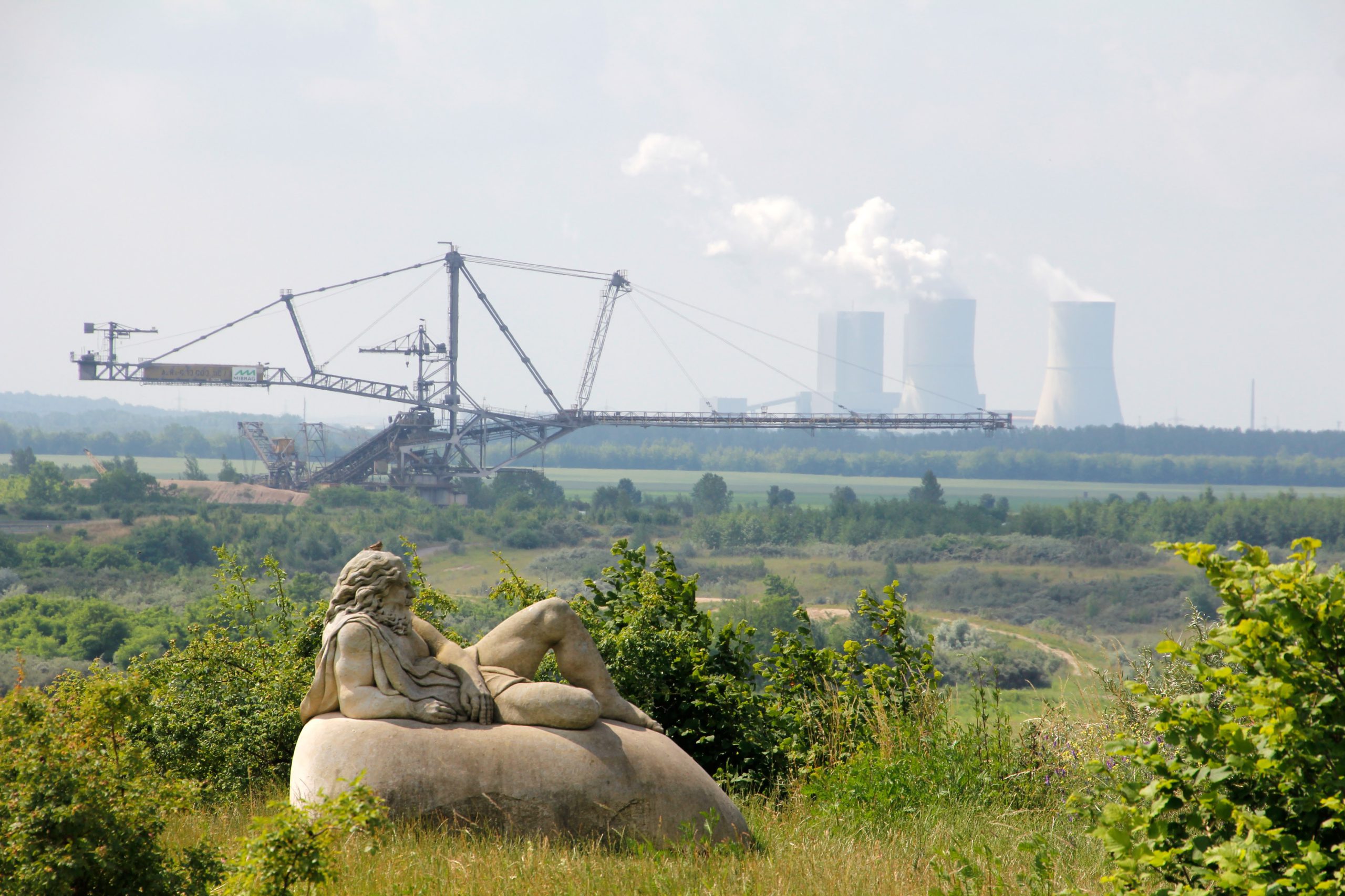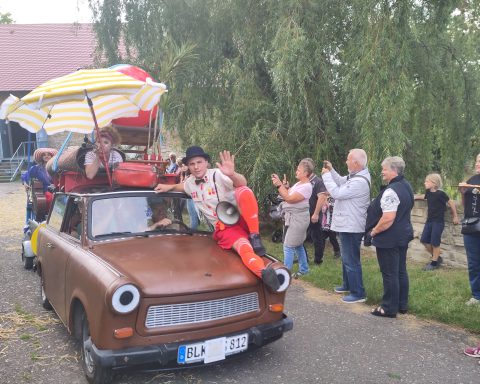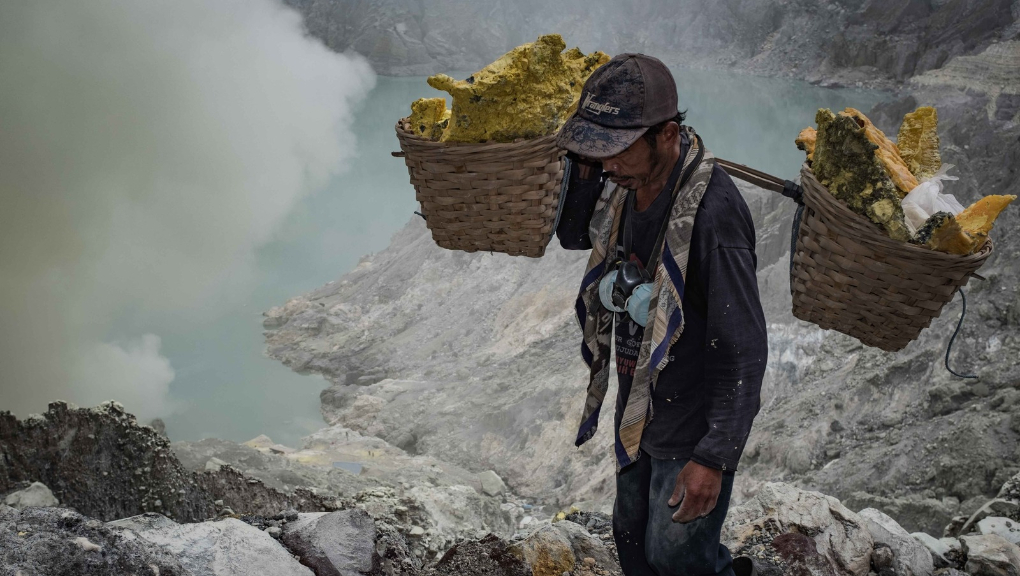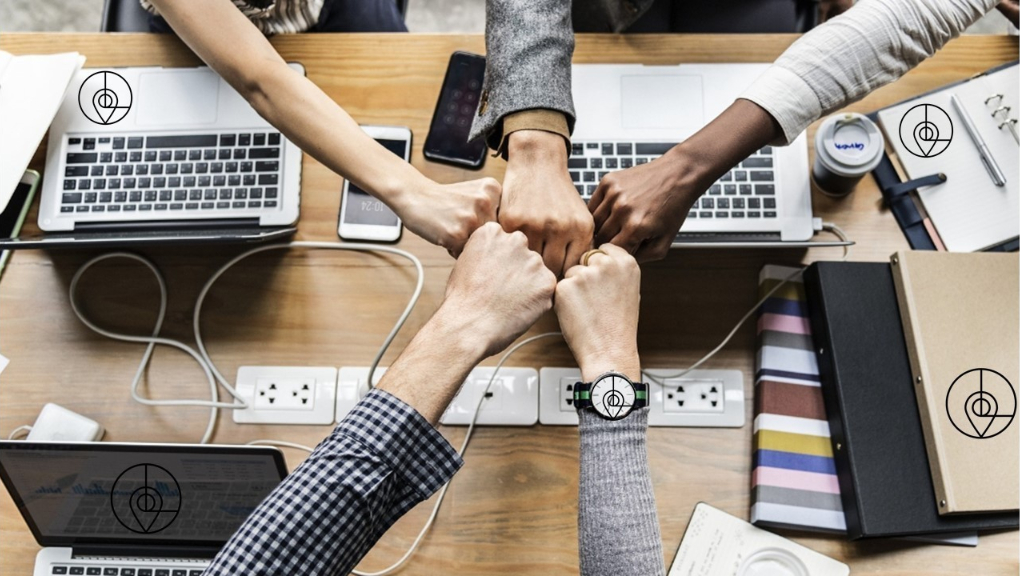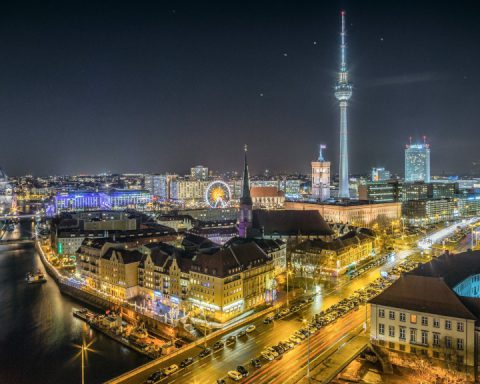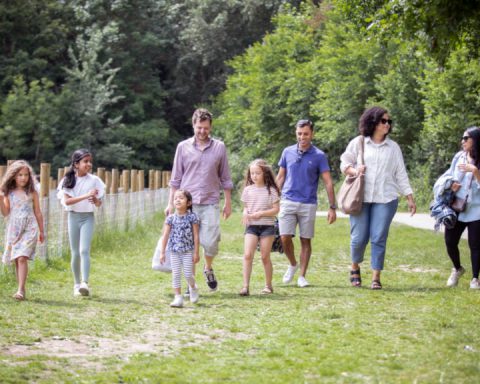In Part II of our weekend series on mining, we hear a perspective from our own region – drawing from both a local and European context, and at the crossroads of new and old ways of development.
I have lived in different European cities, but only started using a bike as a means of transport when I first came to Leipzig, some years back.
I bought myself a vintage Diamant from a flea market on a sudden impulse – and that’s when I discovered the real freedom that a bike can give you, compared to cars or public transport.
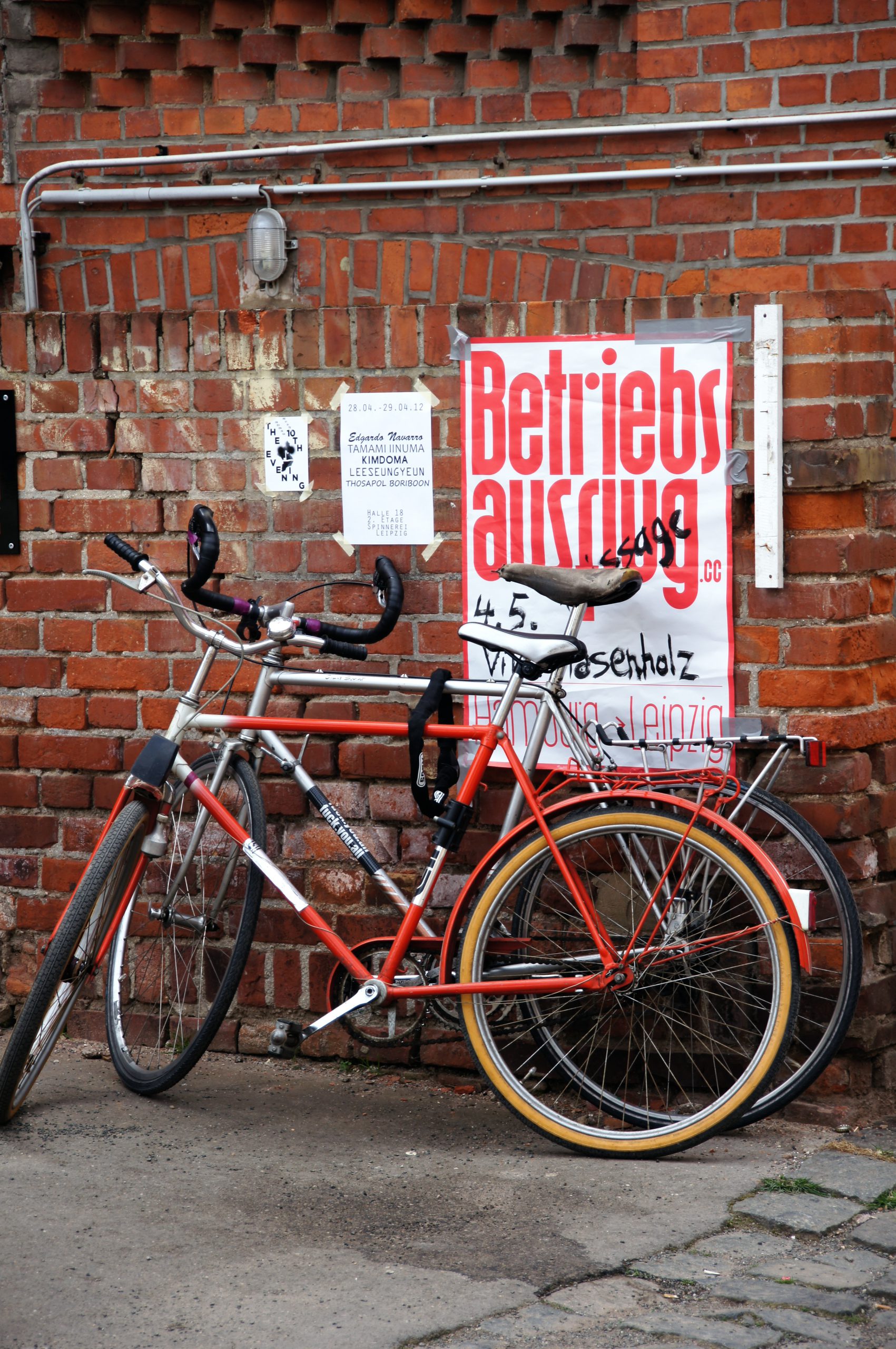
Over the last decade, there has been a boom in cycle-friendly policies in cities across Europe; and Leipzig is, of course, one of them. It goes from introducing bike-sharing systems like nextbike in the city, to building new cycling paths and rethinking mobility locally.
This bike culture goes beyond the urban.
There is no Leipziger I know who has not cycled to Cospudener or Markkleeberger See in the summer. Unfortunately, some lakes that are a bit further away are not so easily reachable by bike.
One of the biggest local projects in the last 30 years has been to transform Leipzig from a lignite mining industrial area into an attractive lake area. But although the city and administrative district of Leipzig have invested a lot of effort into creating a touristic water network, what is still lacking is a concrete cycle tourism concept that could be integrated with other existing plans.
So our region has gotten involved in the creation of ECO-CICLE, a European network for the promotion of long-distance cycling.
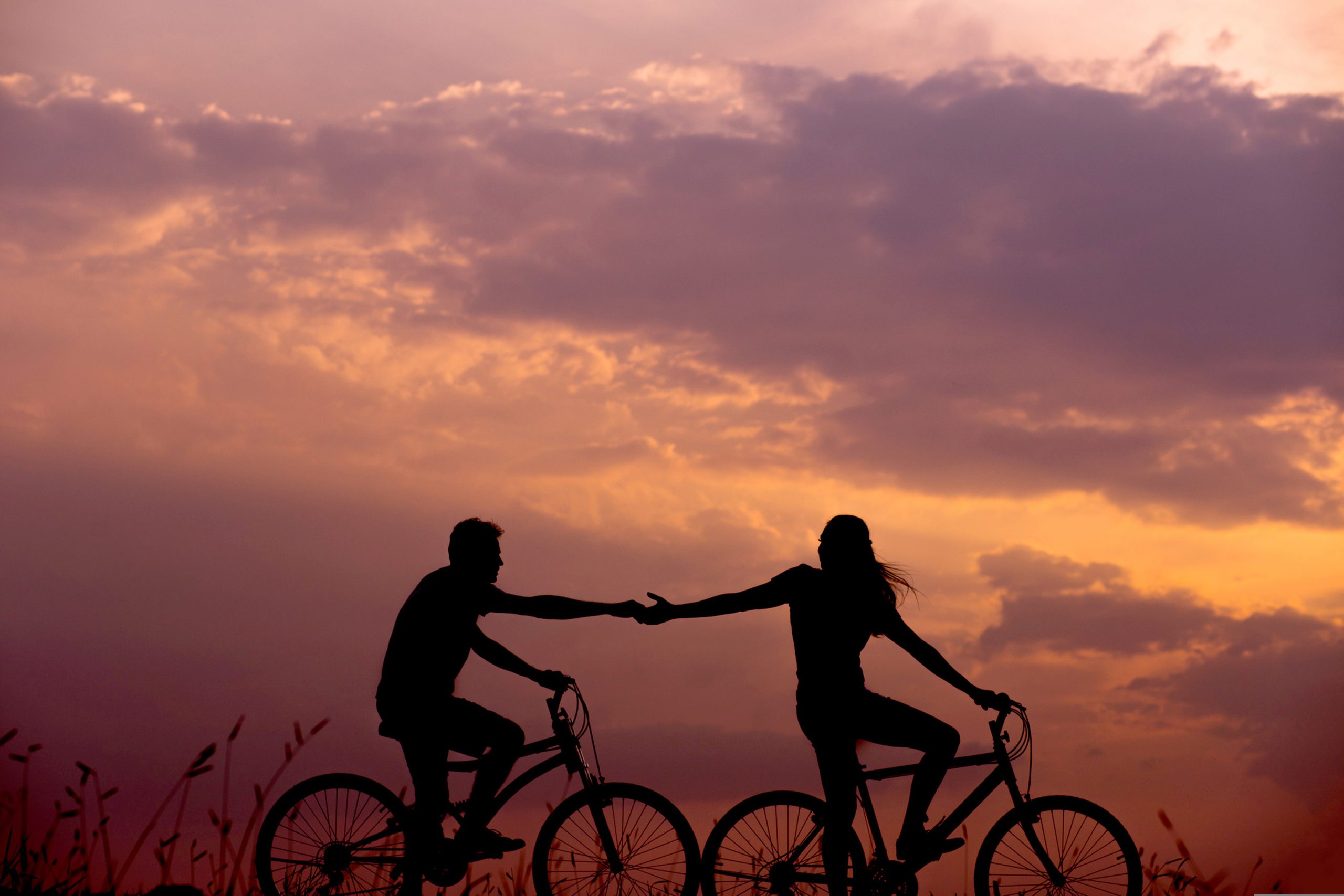
One of the ideas of the network – in which I am involved through my work – is to promote a new e-bike project to make it easier to commute within longer distances, and to provide for the needs of an aging population. This would involve installing bike rental and charging stations, among other improvements to public transport infrastructure.
It’s about time the bike-friendly trend is extended to more rural areas, where cycling remains a challenge.
In this vein, ECO-CICLE is encouraging dialogue and interaction among different European regions that want to promote cycle tourism as a new and sustainable business model.
Leipzig will exchange experiences and good practices with its several different partner regions for the project. They are, namely, Huelva and Andalucía in Spain; Basilicata in Italy; Kujawsko-Pomorskie Voivodeship in Poland; and Nova Gorica in Slovenia.
For us fans of cycling into nature, it’s great news that those overseeing the sustainable development of our lake region, Leipziger Neuseenland, are onboard too.
Visiting the Leipziger Neuseenland today, it’s difficult to see the mining past at first, but its traces are still present. The most obvious reminder of this past is the Bergbau Technik Park, its most impressive exhibits being the two surface mining machines that were constructed in GDR times.

You can access the park by car from the A38, or bike from the Markkleeberg Canoe Park. And while I would not argue against the transformation from mining to a lake region, it is important to preserve the memory of the past, and to be mindful of that in development.
Interestingly enough, Leipzig is not the only place in Europe that is trying to navigate this transition from mining to tourism.
Just like Leipzig, the Spanish region of Huelva, its partner in the ECO-CICLE project, is currently investing in cycle tourism while being very keen to preserve its mining history. This is being done as a way to keep the memory of that region’s inhabitants alive, given that most of them used to be involved in maintaining the rail track that transported the copper out of the mines.
The exchange between Leipzig and Huelva ought to be very exciting in the future.
During the project’s kickoff conference last month, the partners showed immense interest as the team from Leipzig (including myself) presented on the changes the Leipziger Neuseenland underwent in the last decades.
To me, this seems like the perfect opportunity to showcase our city and our region all over Europe – and perhaps show it under a different light than what has been on the news lately about Saxony.
By Alex P.

